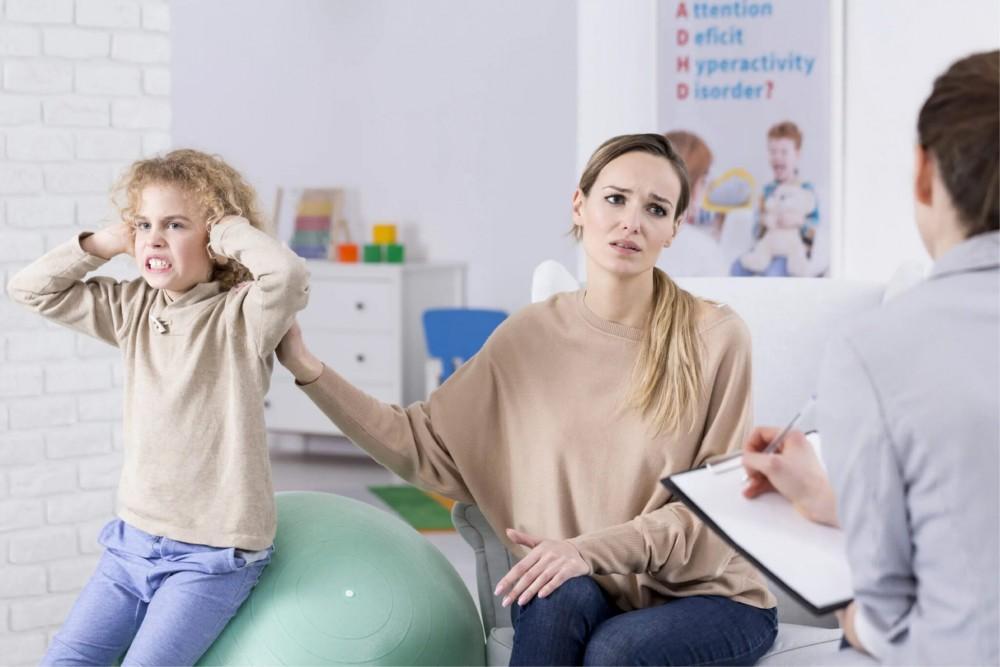
What is ADHD medication?
For many people, putting on eyeglasses helps them focus their eyes. In the same way, ADHD medication helps people with ADHD focus their thoughts. The medications help them ignore distractions, pay attention and control their behavior. Medication doesn’t cure ADHD. But it can help ease the symptoms of ADHD while you or your child is taking it so you can function more effectively.
What does ADHD medication do?
ADHD medications work in different ways depending on the type. But all ADHD medications work by increasing the levels of important chemicals (neurotransmitters) in your brain. These neurotransmitters include dopamine and norepinephrine. Increasing the amount of these neurotransmitters helps improve the symptoms of ADHD, including:
- Increasing attention span.
- Reducing hyperactivity.
- Controlling impulsive behavior.
- Managing executive dysfunction.
ADHD medications affect each person differently. What works for one person may not be effective for you or your child. And the first ADHD medication you or your child tries may not be the right one. It may not be effective, or it may cause bothersome side effects. Or you may have the correct medication but need a higher dose.
Make sure to tell your provider about all of the medications you or your child takes, whether prescribed or over-the-counter. Also, tell your provider if you consume any caffeinated drinks or take any supplements (and the amount per day). Combining certain medications can have a harmful effect on the body.
Your healthcare provider may need to try different medications and doses to find what works for you or your child. Your provider will observe you or your child and adjust the dose of the medication to find the right balance between the benefits and side effects.
Once you find the right medication and dose, most people find ADHD medication helps their symptoms. The symptoms involved with hyperactivity, attention span and impulsive behaviors improve
Therapy for ADHD
Several therapy options can help with ADHD. Talk with your doctor about whether one or more of these options would be a good choice for you.
Psychotherapy
There are different types of psychotherapy that can provide a way for you to better manage symptoms of your ADHD.
For example, psychotherapy can be useful in getting you to open up about your feelings of coping with ADHD. ADHD may also cause you to have problems with peers and authority figures. Psychotherapy can help you better handle these relationships.
In psychotherapy, you may also be able to explore your behavior patterns and learn how to make healthier choices in the future.
Behavior therapy
The goal of behavior therapy is to teach someone how to monitor their behaviors and then change those behaviors appropriately.
You’ll develop strategies for how you behave in response to certain situations. These strategies often involve some sort of direct feedback to help learn suitable behaviors. For instance, a token reward system could be devised to support positive behaviors.
Cognitive behavioral therapy
Cognitive behavioral therapy (CBT) is a short-term, goal-focused form of psychotherapy that aims to change negative patterns of thinking and replace them with a renewed framing of how you feel about yourself and your ADHD symptoms.
CBT can help people with ADHD with the “life impairments” they can experience, such as time management and procrastination. It can also help them manage irrational thought patterns that prevent them from staying on task, such as, “This has to be perfect, or else it’s no good.”
